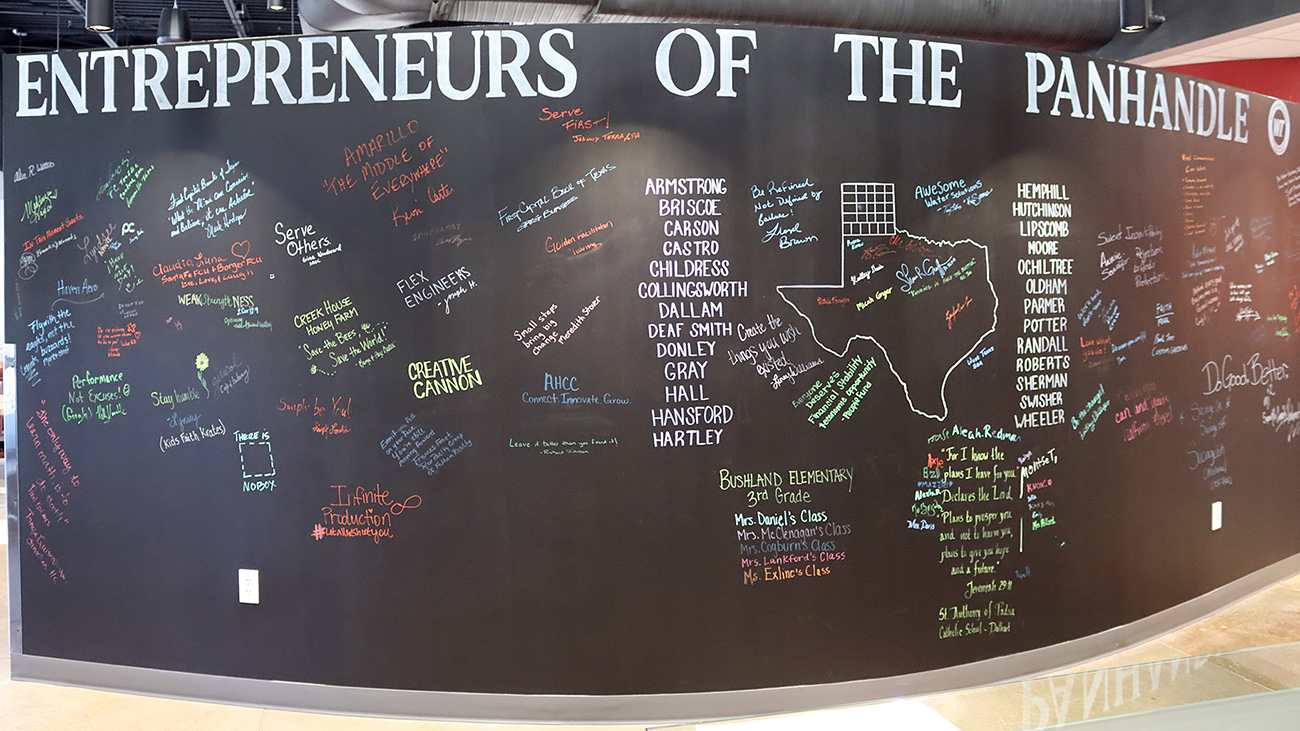Reclaiming Childhood: Lessons from Tinkergarten’s Journey
More than a decade ago, as my wife Meghan Fitzgerald and I embarked on the adventure of raising our children, we often found ourselves pondering the world they were growing up in. Meghan, a lifelong educator, and I, with a background in consumer education technology, frequently discussed the evolving landscape of childhood. One recurring theme in our conversations was the alarming imbalance in children’s lives: a stark rise in solo screen time and a corresponding decline in outdoor play.
We were acutely aware of the research highlighting these trends and the wisdom passed down from our grandmothers: "Go outside and play." But we also recognized the risks facing a generation of kids. This realization ignited a spark in us: What if we could do something to change this narrative?
The Birth of Tinkergarten
This question led to the creation of Tinkergarten, a platform designed to help families reconnect with the outdoors and foster learning through play. We developed a technology platform to train and equip educators with the curriculum, tools, and community needed to lead outdoor, play-based learning classes. Over the years, Tinkergarten evolved into a thriving business, attracting influential investors and reaching millions of families. Recently, we sold the company to Highlights for Children, marking a significant milestone in our journey.
Through this experience, I learned invaluable lessons about entrepreneurship, the importance of serving others, and the complexities of addressing significant societal challenges. Here are five key takeaways from my journey.
1. It’s All About Balance
In today’s digital age, parents are often told that media is the enemy. My education in media literacy, particularly in Dr. Renee Hobbs’ class at Babson, taught me that this narrative is overly simplistic. Screens aren’t inherently harmful; some digital experiences can be enriching and transformative. However, excessive screen time can detract from essential outdoor experiences that promote physical movement, problem-solving, and social interaction.
Both parenting and entrepreneurship require a delicate balance. You need to act decisively while also allowing time for reflection. Digital tools are essential, but maintaining real-world connections is equally crucial. Striking this equilibrium is fundamental to designing products, building businesses, raising children, and managing our own lives.
2. The Best Data Is What You Can See with Your Own Eyes
At Tinkergarten, we diligently tracked metrics related to child engagement and parent-child interaction. Yet, some of our most profound insights came from simply observing children and listening to their parents and teachers.
When kids play outdoors, they become more present, take risks, and exhibit a newfound eagerness to explore. Parents would often share observations like, “They’re asking so many more questions” or “They’ve opened up in ways I never expected.” Sometimes, the most powerful insights come not from data dashboards but from trusting your instincts and closely observing the world around you.
3. Real Community Happens Offline
While social media initially fueled Tinkergarten’s growth—parents sharing photos of their muddy, joyful kids—the true magic unfolded in person.
Parents met their community at classes, forming lasting friendships. Kids built relationships that extended beyond the playground, and teachers found camaraderie with like-minded individuals. This process fostered a deep, purpose-driven local community.
In an era where community is often defined by digital interactions, the bonds formed through shared experiences—like laughing together at the park—are the ones that endure.
4. Outdoor Play Is a Universal Language
Tinkergarten classes have taken place in diverse settings—from city parks to rural farms and urban rooftops. Regardless of location, we witnessed a universal truth: parents everywhere desire healthy, confident, and connected children.
This shared aspiration allowed us to expand our reach across all 50 U.S. states. As entrepreneurs, we often focus on niche markets, but sometimes the most impactful products address universal human needs. For us, that need was fostering human connection and encouraging outdoor play.
5. Attention, Persistence, and Self-Direction Are Muscles That Can Atrophy
In our fast-paced world, attention is often under siege. However, attention, persistence, collaboration, and curiosity are skills that can be developed and nurtured. These are not fixed traits; they are muscles that require exercise.
When children engage in open-ended, hands-on social experiences, they cultivate these essential skills. Conversely, when they are overly directed or consumed by screens, they miss out on opportunities for growth. At Tinkergarten, we witnessed firsthand the transformative power of outdoor play in developing these capacities.
Final Thoughts
Building Tinkergarten has been one of the most meaningful journeys of my life. It began with a simple question: Can we help families reclaim something vital? The answer, as evidenced by the community we built, is a resounding yes. Yet, our work is far from over. Today’s children face an increasingly complex relationship with media that poses challenges to their healthy development.
In entrepreneurship, we often focus on product-market fit, monetization, and scaling. However, some of the most enduring ideas stem from identifying critical problems without clear solutions, forming a resonant vision, and allowing the community to guide you.
If you’re considering embarking on a new venture, my advice is straightforward: Step away from your screen. Go outside. Slow down and observe the world around you. That’s where true insights lie—and perhaps that’s where your next great idea will take root.

:max_bytes(150000):strip_icc()/ENTREPRENEUR-final-5f937601d416459bb7c9d28fe5052b42.png?ssl=1)










:max_bytes(150000):strip_icc()/StockReplacementStrategyMeaningCallOptionExampleGettyImages-1774415211-109d5d675cb646cc8855104441b44425.jpg)






